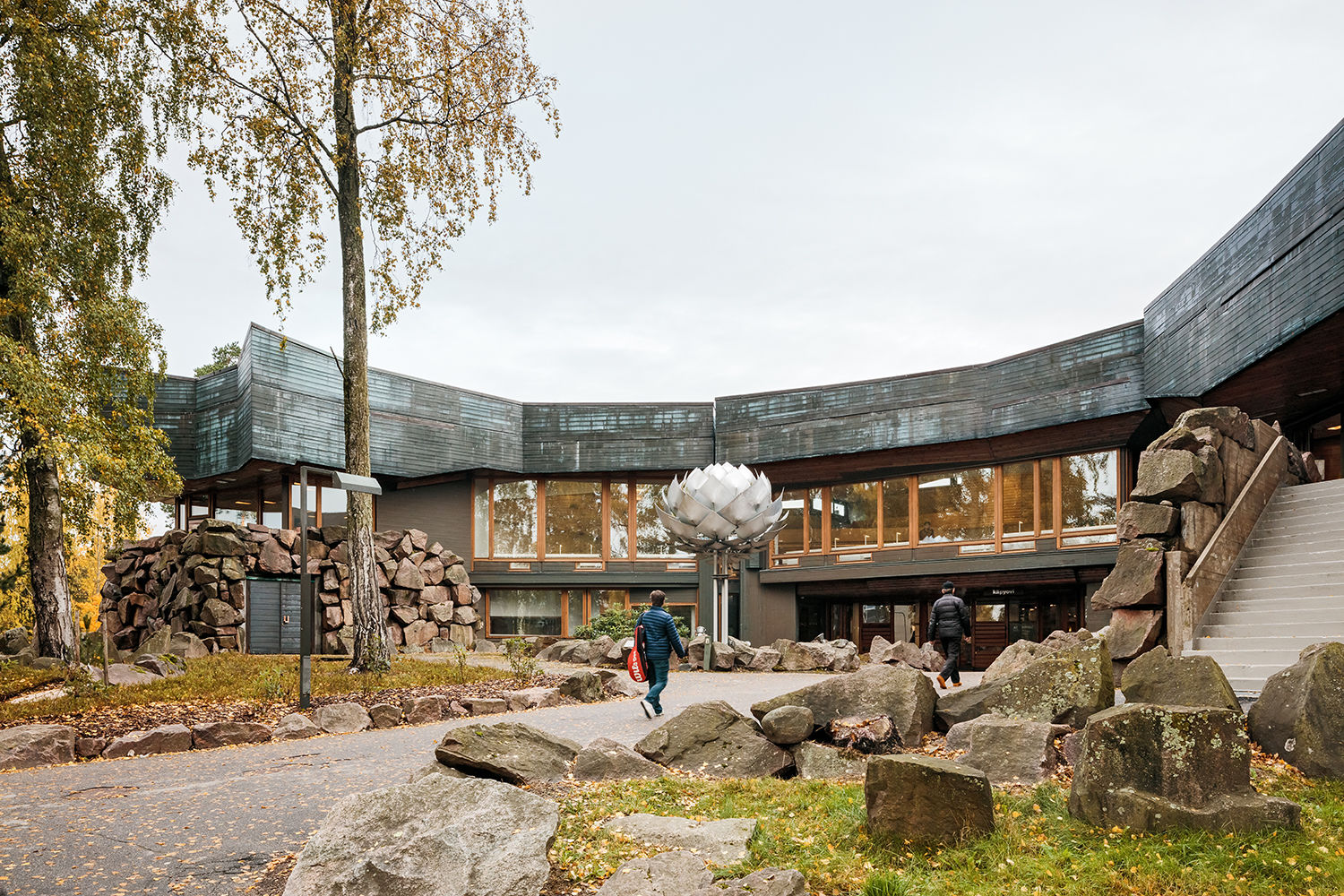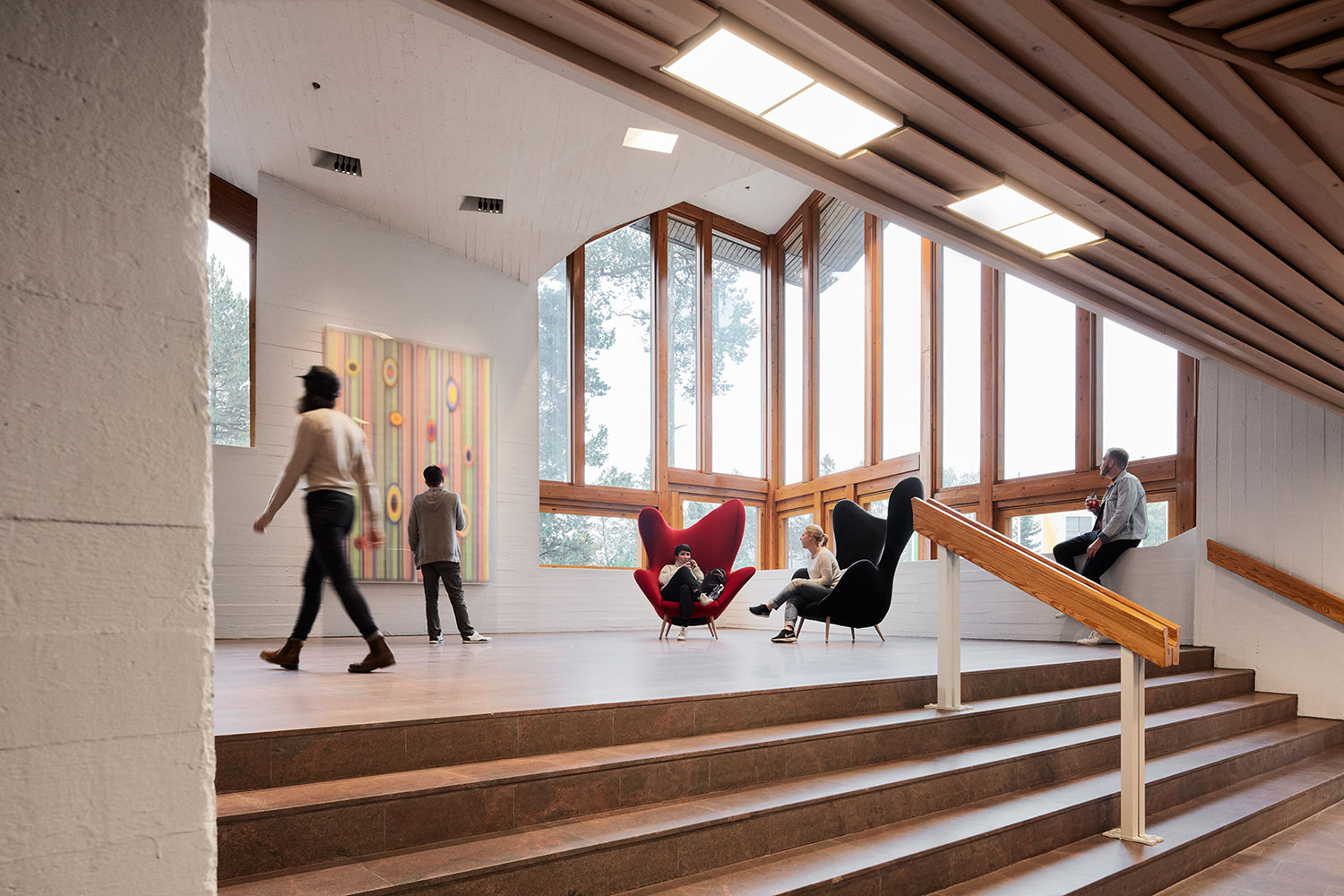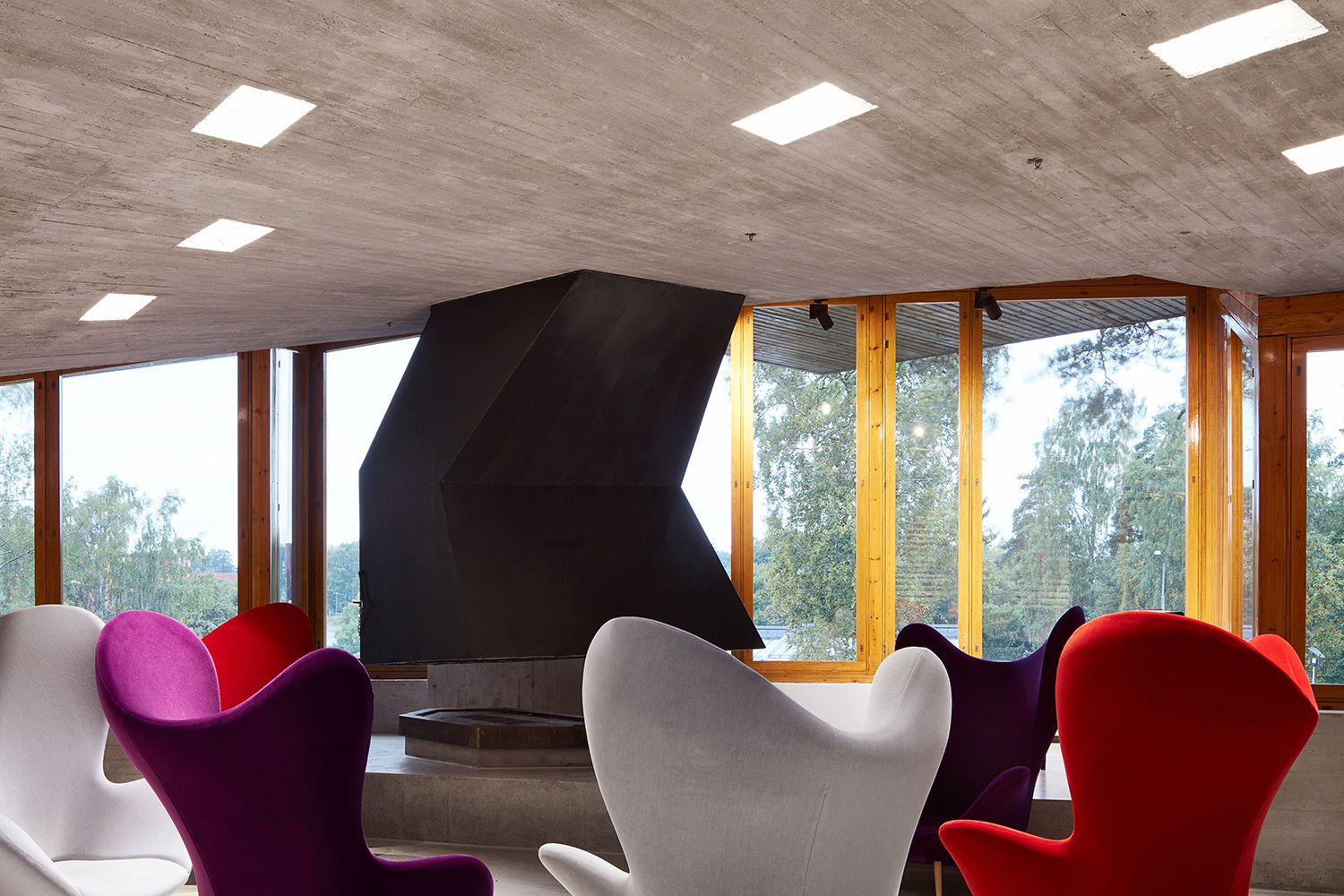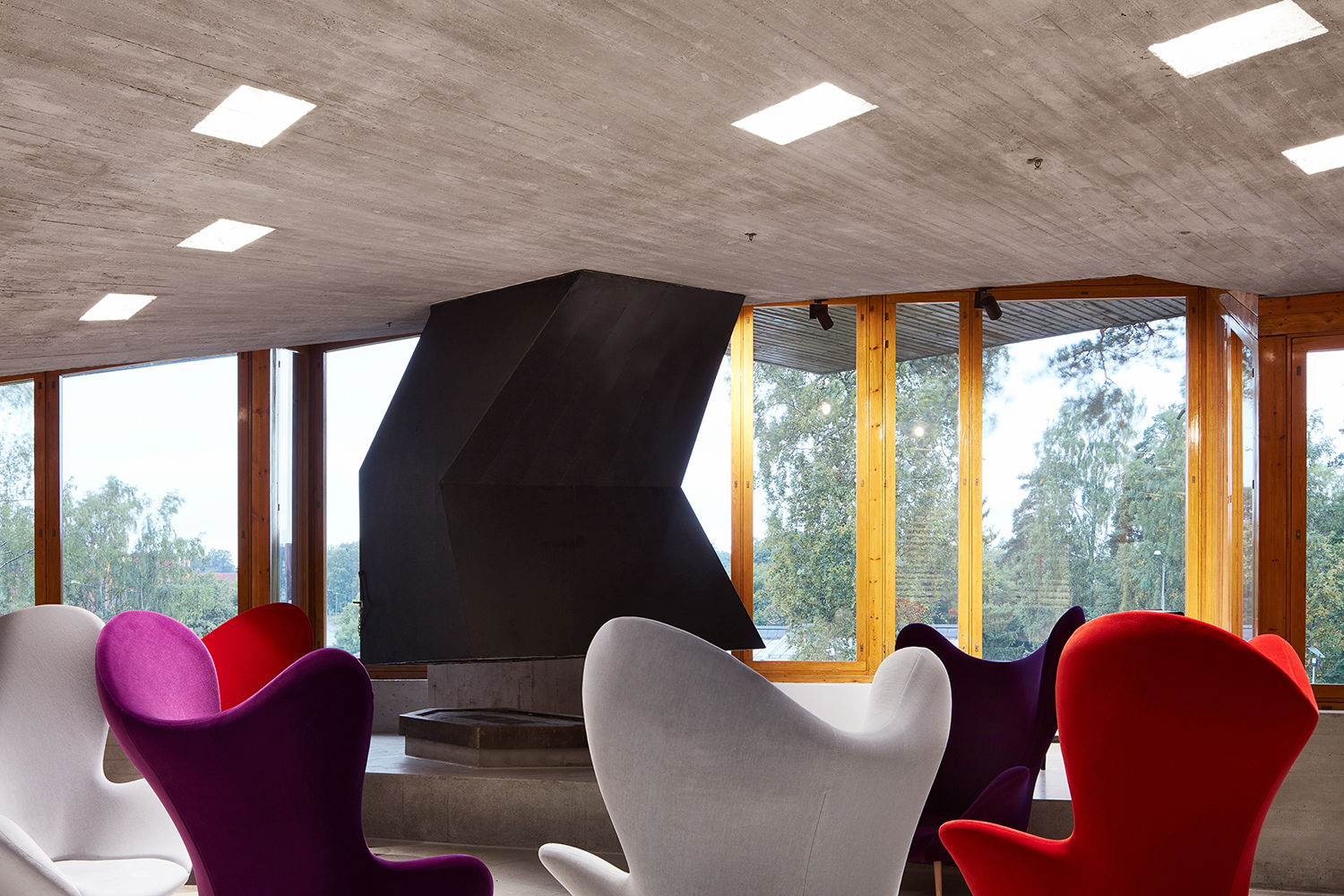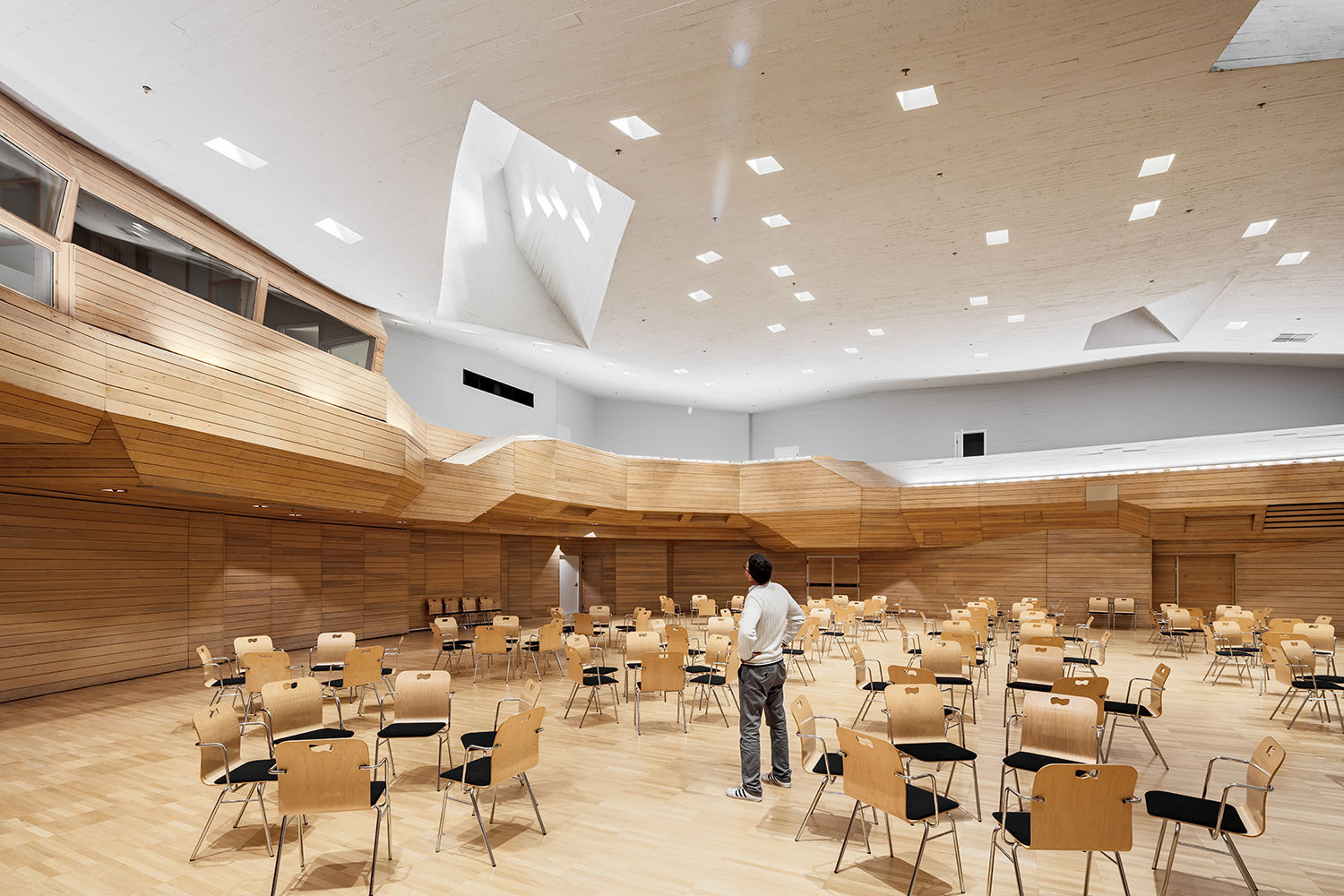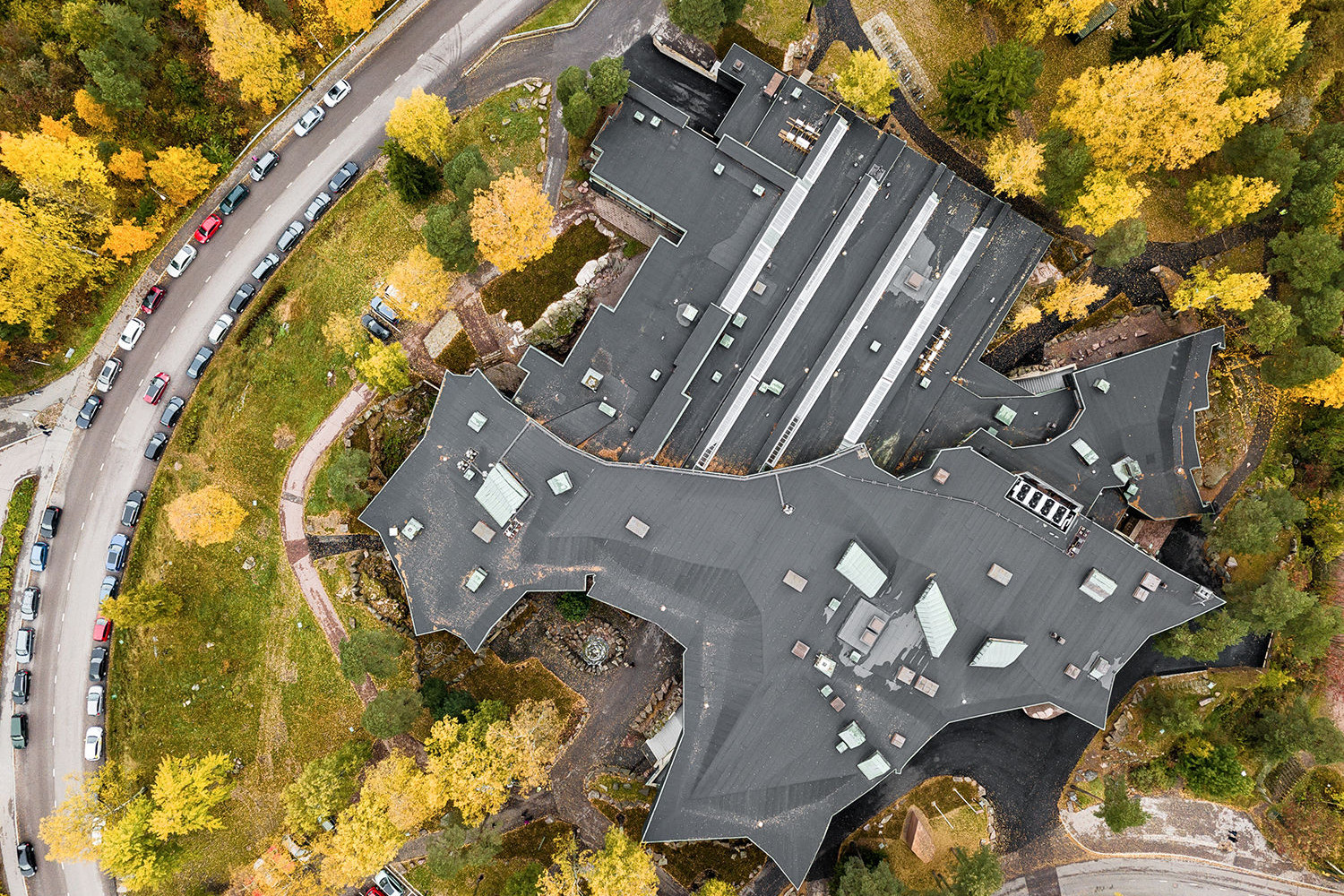About The Symposium
The need for accelerating the digitalisation of economies and societies, as per the United Nations
Sustainability Development Goals, is, among others, pushing for the sixth generation (6G) of mobile
communications system. Hereby, 6G will continue the trajectory set out by its precedent 5G to establish an
intelligent “society” with ubiquitous connections for all entities, both physical and virtual, under the
trend of cyber-physical fusion.
Along with 6G, new applications and services, with extremely demanding requirements, will emerge. These
new applications include, but are not limited to, Holographic Type Communications; Haptic Communications;
High Precision Communications and Extremely Low-Latency Communications. Moreover, networking capabilities
will continue their convergence across terrestrial, spatial and maritime connectivity, while being deeply
intertwined with the ubiquitous computing power that increasingly surrounds us and will, in the near
future, be deeply embedded into the networking infrastructure itself.
The original design of IP networking, adopted in the Internet as well as in cellular systems, focuses on
one key pillar, namely ensuring global reachability through suitable packet forwarding mechanisms that
would principally support best-effort services, along with the support of some differentiated services to
a certain extent. However, the efficiency of current IP networking principles becomes highly questionable
in the light of new required capabilities that include aspects such as precision delivery, collective
communications, qualitative communications, support for high dynamicity, constraint-based addressing &
routing, intrinsic security, and programmability of forwarding actions, just to name a few. The growing
amount and diversified nature of both data and services, particularly the “highly interactive, highly
bandwidth-intensive, and highly latency-sensitive” ones, call for fundamentally new and innovative
networking principles. In this vein, the design of the control plane as well as the data forwarding
mechanisms of the data plane need to be entirely rethought to cope with the dynamics of future networks
and services.
The objective of this symposium is to offer a platform for experts in the areas of communications,
networking, cloud computing, and the related disciplines to meet and exchange ideas and information on how
to re-think Networking Fundamentals in an attempt to provide the required capabilities through innovations
that may extend the original fundamentals of what makes out the Internet and also cellular systems today
in order to be ready for proliferating highly-demanding 6G services. For this purpose, the symposium’s
organizing committee will invite top experts in the general field of networking to share their views with
the intention to inspire the community with potential directions of research and innovations.
Depending on the evolution of the pandemic situation, the symposium may be held either virtual or physical
in the Greater Helsinki, Finland. Known for its stunning nature – vast green forests and thousands of
lakes and hundreds of islands, Finland is also the heart of innovation and technology. Helsinki, the
capital of Finland, as well as the huge Metropolitan Area that includes Espoo, Vantaa and Kauniainen is
home to several universities and technology institutes bringing innovation to all levels of daily
life.Unless the event is organized virtually, you are invited to explore the eclectic city of Helsinki,
relax in its famous saunas and enjoy world’s finest cuisine.
We look forward to welcoming you all at the first edition of the 6G Networking Symposium in Helsinki.
Where
Greater Helsinki, Finland
When
Thursday to Friday
16-17 September, 2021
Committee
Honorary General Chair

Matti Latva-aho
The University of Oulu, Finland
General Chair

Dirk Trossen
Huawei, Germany
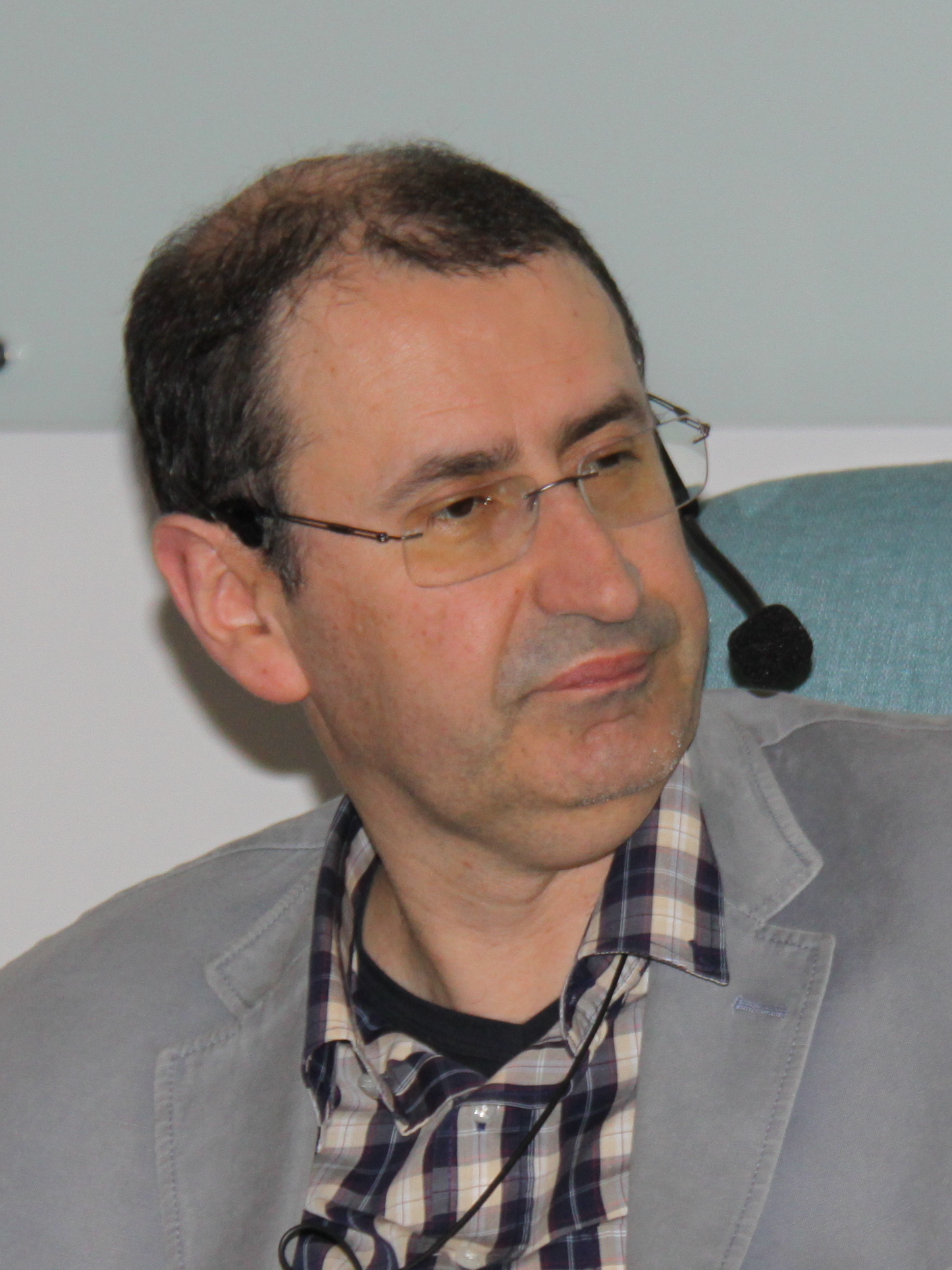
Rui Luis Aguiar
Universidade de Aveiro, Instituto de Telecomunicacoes, Portugal
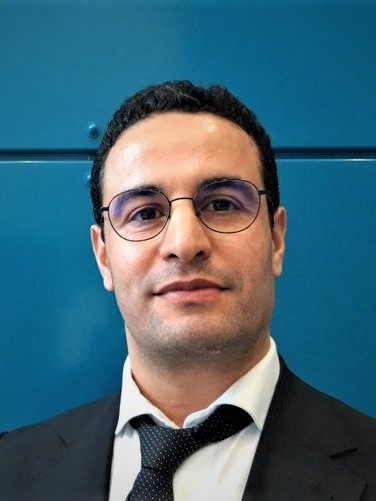
Tarik Taleb
Aalto University and The University of Oulu, Finland
Distinguished Talks Chairs

Akihiro Nakao
The University of Tokyo, Japan

Xavier Costa
NEC Labs Europe, Germany
Panel Chairs

Imen Grida Ben Yahia
Orange, France
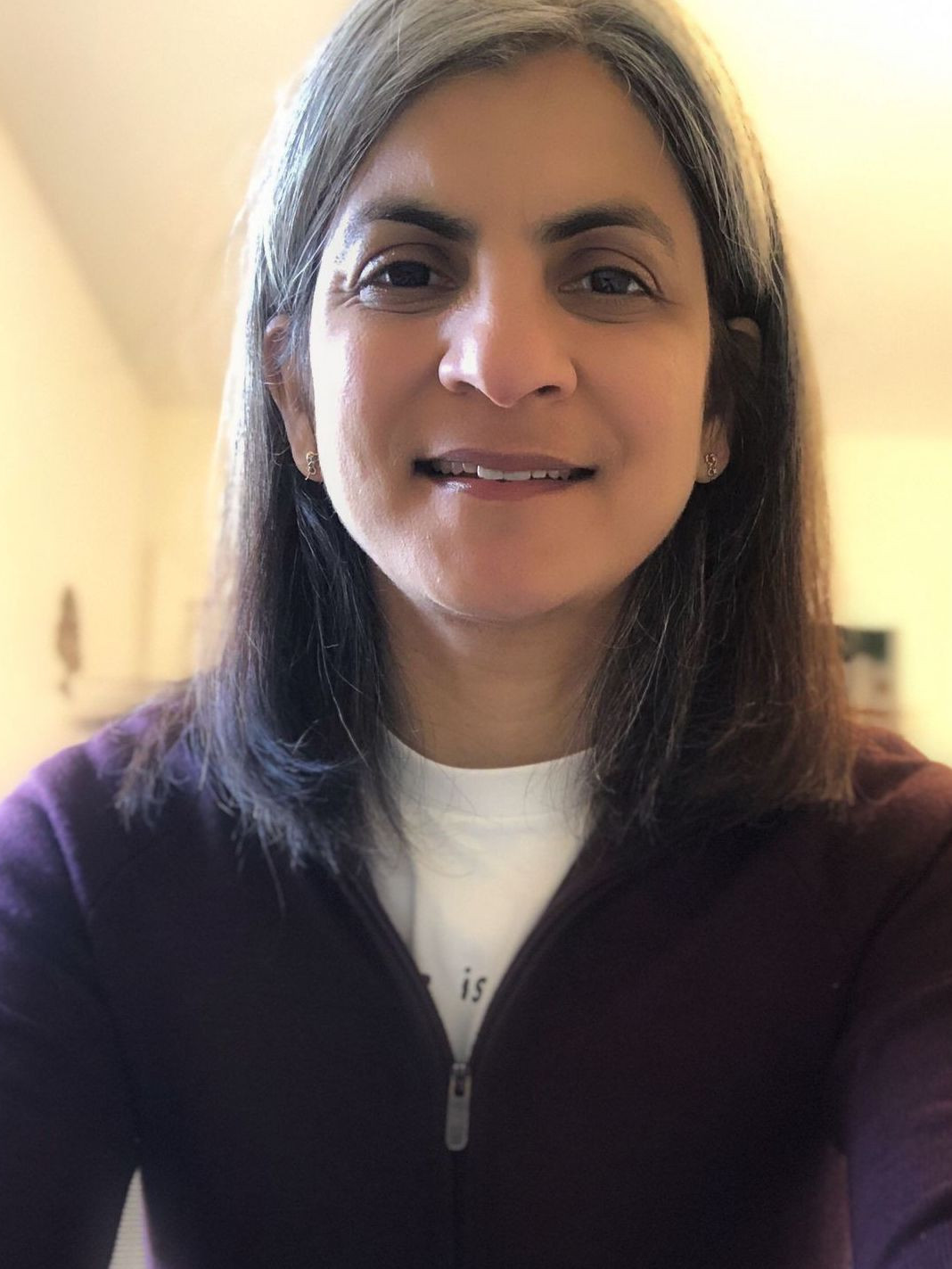
Kiran Makhijani
Futurewei, USA

Ari Pouttu
The University of Oulu, Finland
Sponsor Chairs

Konstantinos Samdanis
Nokia Bell Labs, Germany

Rajarajan Sivaraj
Mavenir, USA
Publicity & Social Media Chairs
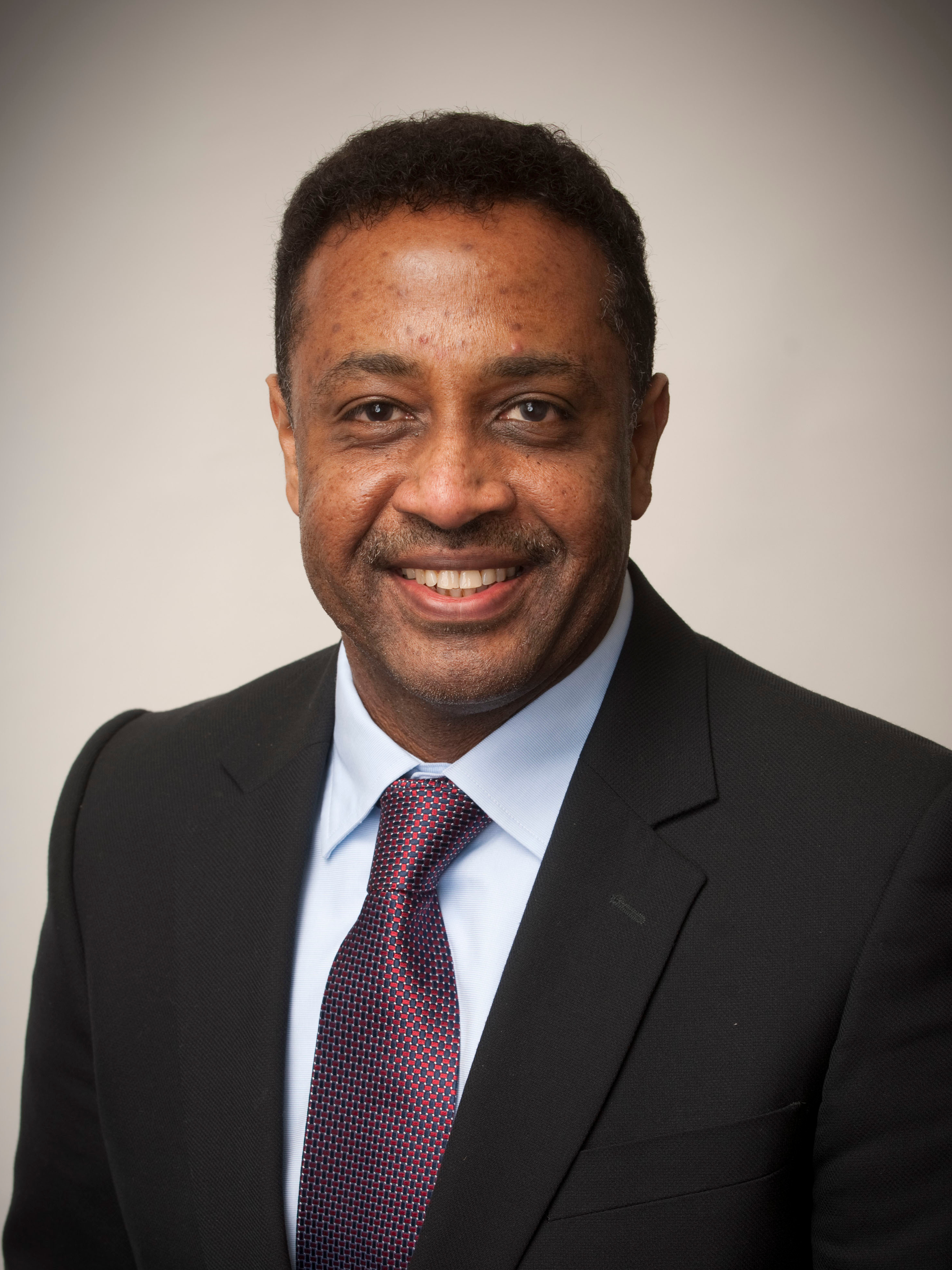
Jaafar Elmirghani
University of Leeds, UK

Marja Matinmikko-Blue
University of Oulu, Finland
Local Organizing Chairs

Hannu Flinck
Nokia Bell labs, Finland

Tarik Taleb
Aalto University and The University of Oulu, Finland
WEBMASTER
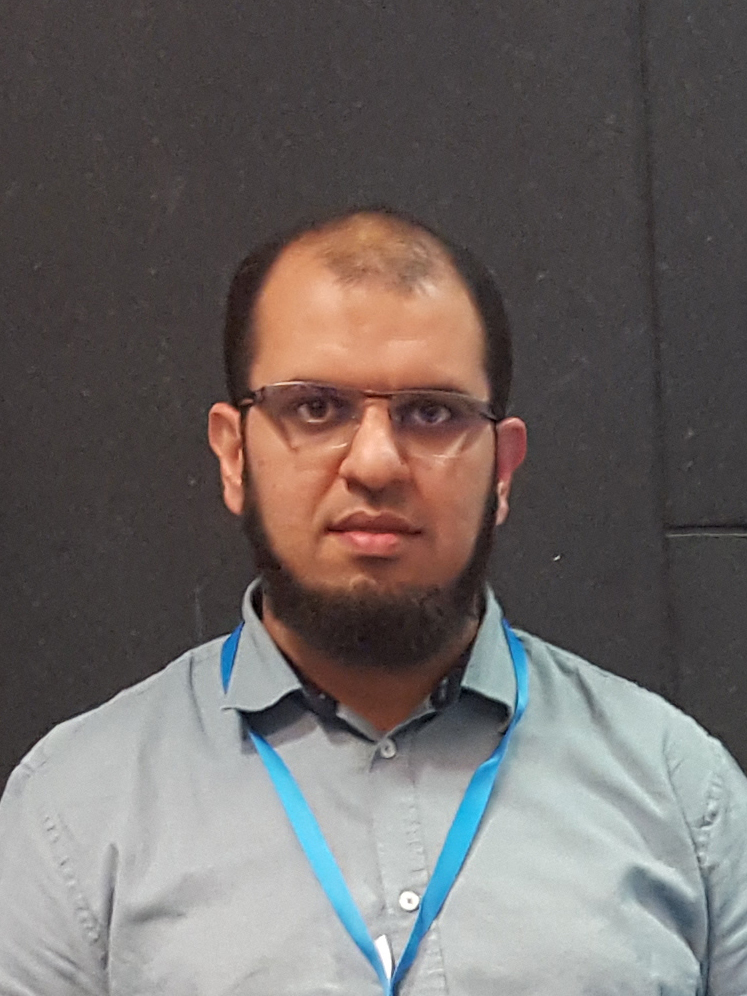
Oussama El Marai
Aalto University, Finland
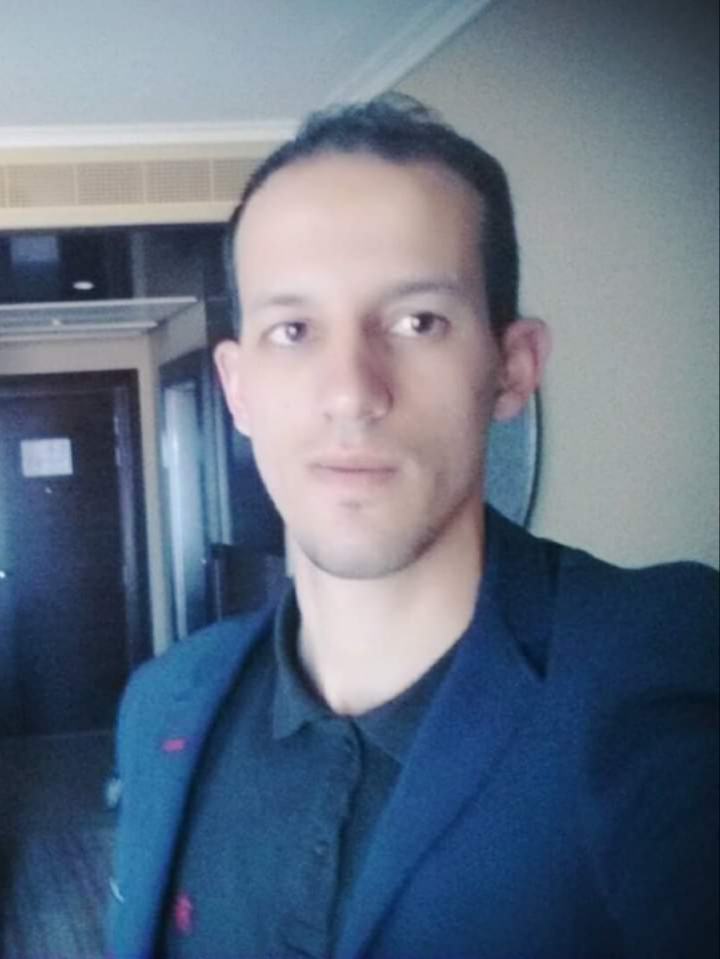
Abderrahmane Abada
Aalto University, Finland
Event Speakers
Here are some of our speakers
We are working on an exciting list of distinguished speakers and panelists, experts in the emerging area of 6G networking. Stay tuned!
Event Schedule
Full program coming soon ..
Event Venue
Hotels
Here are some nearby hotels
Registration
Coming soon!
